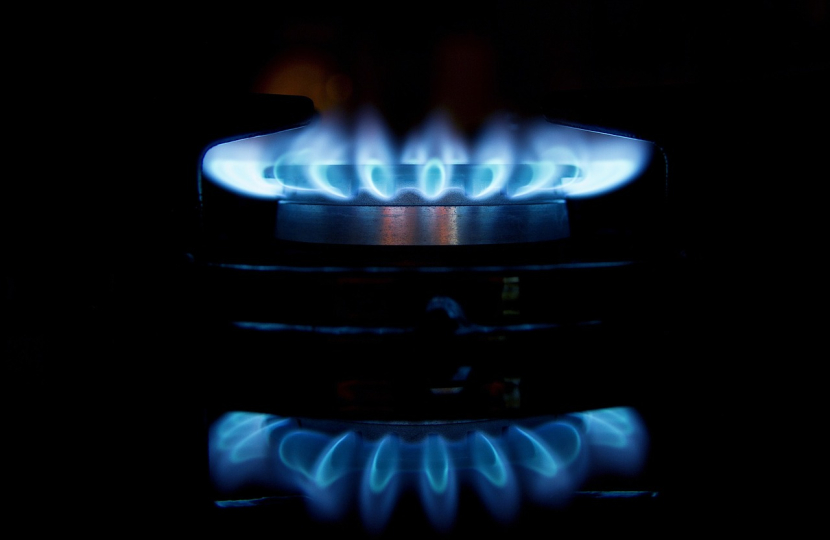
North Wales MS and Chair of the Senedd Cross-Party Group on Fuel Poverty and Energy Efficiency, Mark Isherwood, has said that fuel poverty “remains one of the most pressing challenges facing Wales” and backed recommendations for action to reduce the number of people in Wales struggling to heat their homes.
Speaking in yesterday’s Senedd Debate on the Equality and Social Justice Committee’s Report ‘Turning up the heat before 2160: time to pick up the pace on tackling fuel poverty’, Mr Isherwood said the seven recommendations in the report “underline the urgent need for action”.
He also referred to the fact that North Wales remains the most expensive region for energy across Britain.
He said:
“I welcome the Report’s recommendations for the Welsh Government to set interim targets by September 2025, to increase the scale of the Warm Homes Programme, and to ensure that any related consequential funding is invested in the Programme.
“The Report also urges the Welsh Government to accelerate its development and establish a new area-based scheme as a matter of urgency.
“These calls are not only supported by National Energy Action, but also by the wider Fuel Poverty Coalition Cymru.”
He added:
“Since the Report was published, official estimates from Welsh Government published in August reveal that one quarter of all households in Wales - 340,000 - were in fuel poverty in October 2024.
“This includes more than 4 in 5 of Wales’s lower-income households - 83%, almost a quarter of whom are estimated to be in deep, severe fuel poverty.
“Ofgem has recently announced a further 2% rise in the energy price cap from 1st October, meaning the average dual-fuel Direct Debit bill across Great Britain will increase to £1,755 per year - almost £500 higher than in October 2021.
“It’s clear that high energy prices are here to stay for the foreseeable future, and many low-income and vulnerable households will struggle this winter, leading to worry, debt, and dangerous coping mechanisms to stay warm – with average household bills of £1,781 in South Wales and £1,853 in North Wales. This means North Wales remains the most expensive region across Britain, and south Wales the 4th.
“Adding to this, vulnerable households across Wales and Great Britain are weighed down by over £4.15bn of energy debt, largely built up over the past three years.
Just a quarter of that figure is attached to a repayment plan.
“The average amount a household in arrears owes to their energy supplier for both gas and electricity combined is c. £3200 – considerably more than a year’s worth of supply, even at today’s unaffordable prices.
Mr Isherwood spoke of the key issues around fuel poverty and energy efficiency, outlined by Care and Repair Wales, that are impacting older people in Wales today, including the consequences that poor housing conditions have on energy bills and the urgent need for targeted support to vulnerable and low-income households to keep on top of rising energy costs.
Concluding he said:
“Fuel Poverty is a Social Justice issue, requiring sustainable and affordable solutions.”
